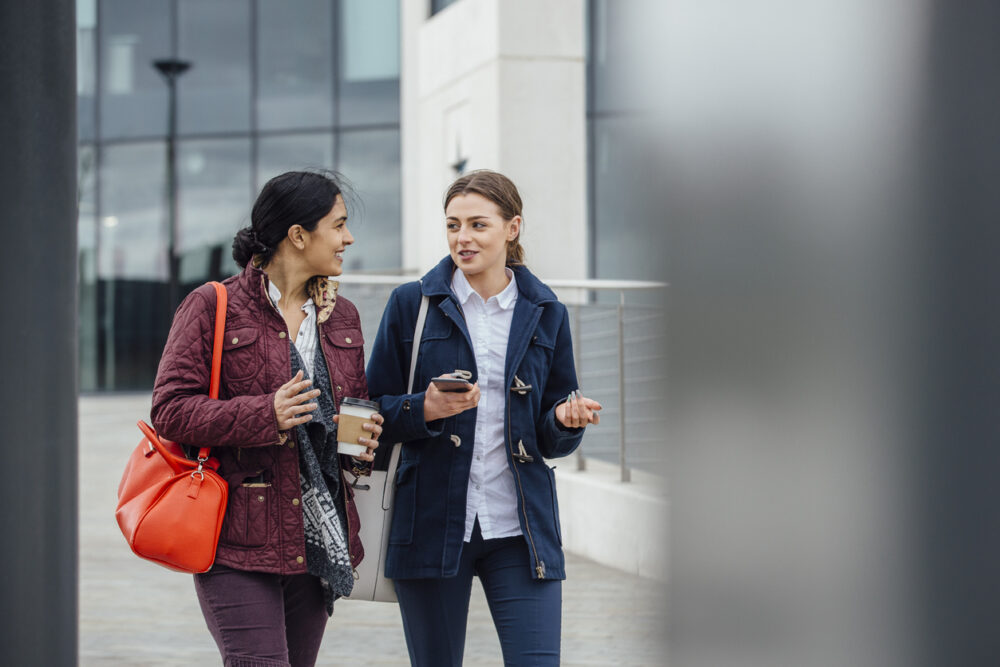As restrictions lift across Australia, many people will soon be faced with a return to work, school and study, which Griffith University’s Professor Paula Brough says could cause some anxiety.
Paula says while many people have fallen into or perfected a routine that allows them to continue to work or study from home, the easing of restrictions raises some new concerns about our inevitable return to normalcy.

“Most people are looking forward to returning to work, to leaving the house, and to seeing their colleagues face-to-face again, but it can be a bit of a culture shock to find yourself in a larger group again,” she says.
“We’ve been so concerned with keeping ourselves apart from others and with the need for social distancing that it can all be a bit daunting.”
Paula says there are several things we can do to prepare ourselves mentally for that return to work, so that we maintain our mental health and our workplace productivity when the time comes.
“In this in-between stage, it’s unusual because people can see the end is almost here – many of us are counting down the days or weeks until we go back to work,” she says.
“But that light at the end of the tunnel can sometimes mean it’s hard to maintain productivity, so now is the time to tidy up any bad habits that might make the transition difficult.
“Things like making sure you get enough sleep and exercise, and that you’re preparing healthy meals throughout isolation can help you when the time comes to return to work.”
In addition, Paula’s advice is to prepare yourself mentally for being in small and large groups again, a task that may seem particularly daunting to some.
“We’ve been physically separated for some time now, specifically so we can keep ourselves safe from coronavirus, and there’s almost this sense of danger that comes with being in a group,” she says.
“It wouldn’t hurt to start thinking about how you may react in a group setting should someone sneeze or cough and talk about this with a colleague, a friend or your family, so you can start to think about your response when that does occur.
“If you’re someone who normally feels anxious, you should remind yourself of your usual methods for dealing with anxiety, and also remind yourself of the rules for social distancing and how you can apply those, as it’s possible that those will still be in place when everything does begin to re-open.”
Returning to work is something many look forward to both financially and socially, but it does take away from some of the silver linings people have experienced during isolation.
“For a lot of people, they’ve really been able to slow down and enjoy family time they may not be able to do when parents are at work and the children at school, little things like going for a walk in the afternoon, cooking more meals from scratch, or eating lunch together – those are things that might be missed,” she says.
“So now is a great time for reflection on what we may have enjoyed about isolation and whether there are ways we can continue to experience those things when we’re back to the normal, for example, by using our weekends in different ways.”
Professor Paula Brough is a researcher and academic for the School of Applied Psychology. She has previously contributed articles to Griffith University on how to cope during isolation.
If you’re interested in building a career in psychology, find out the psychology degree options that wait for you at Griffith University.



